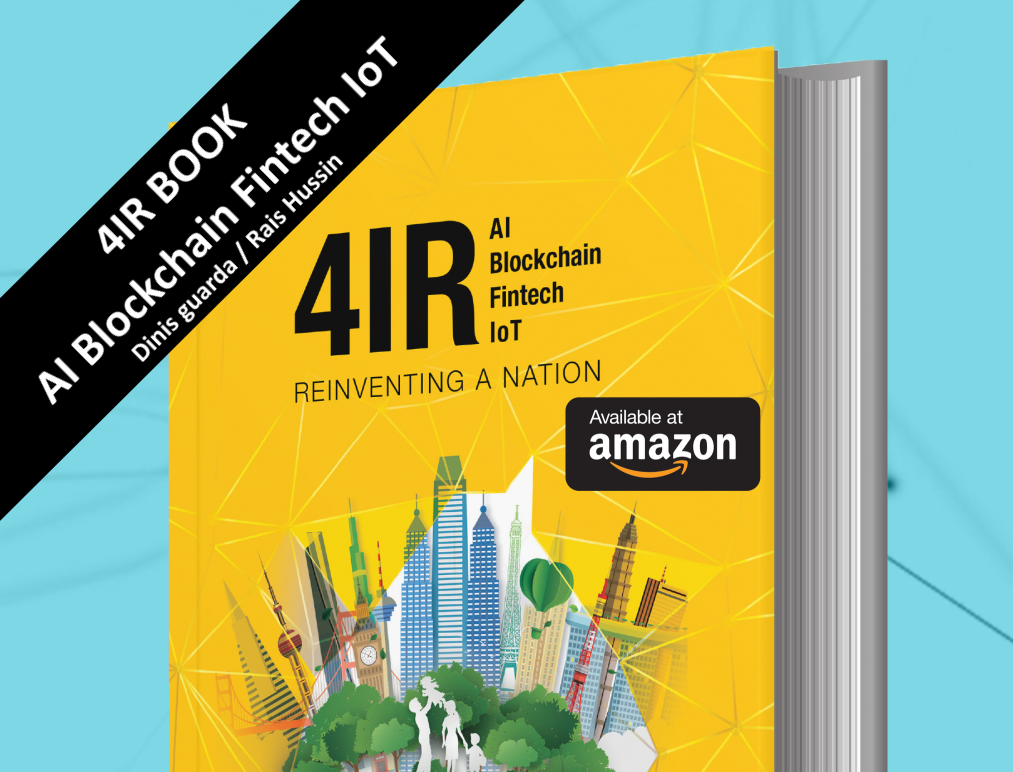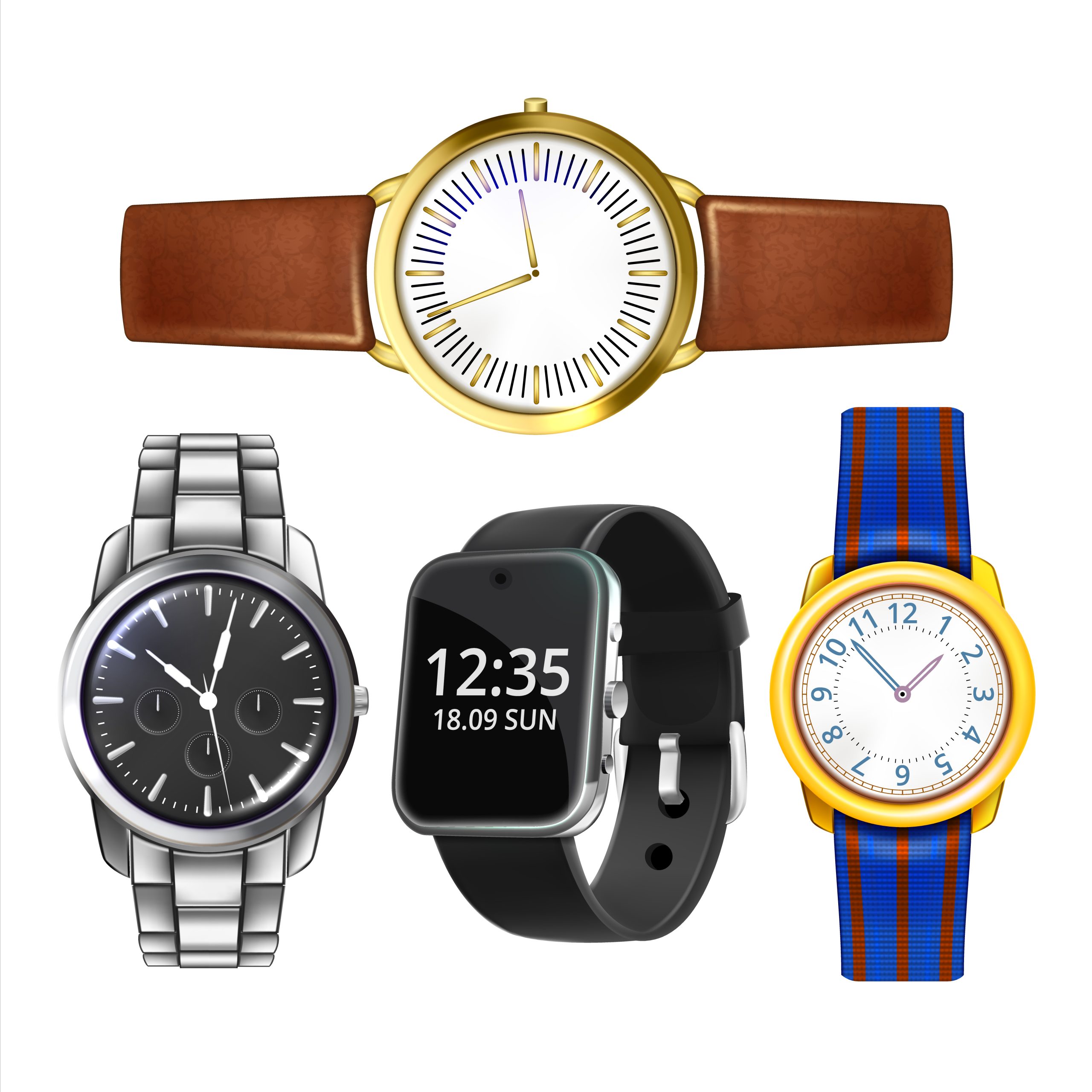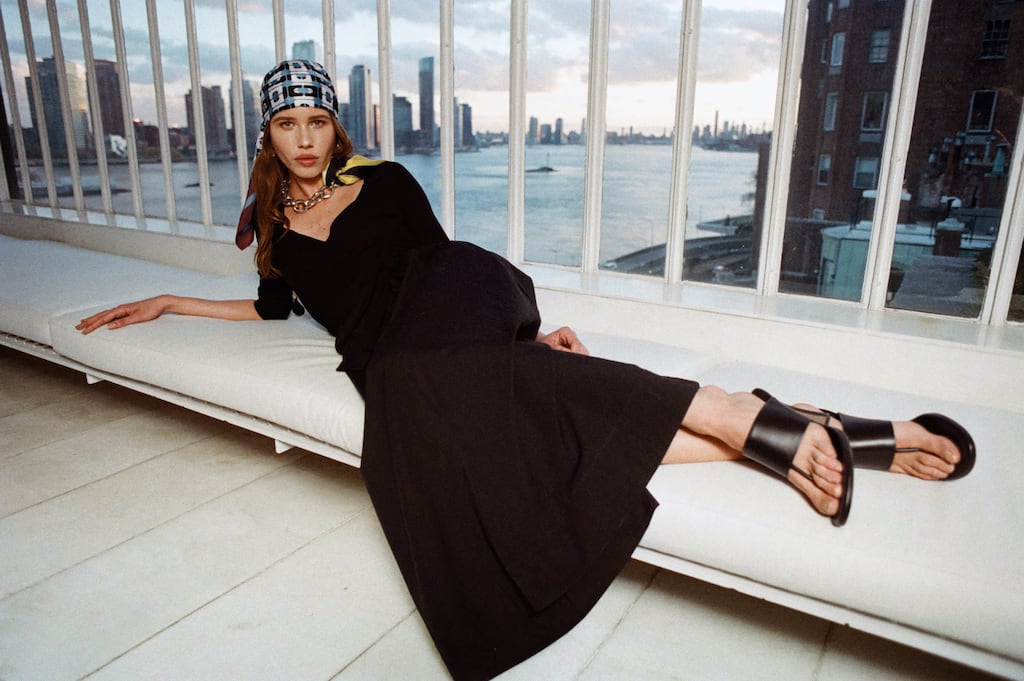Retail giant Primark partners with adaptive designer and disability advocate Victoria Jenkins to make adaptive fashion accessible and affordable.

Primark partners with adaptive designer Victoria Jenkins. Image Source: Unhidden.
Imagine yourself stuck in a dress because you cannot reach the zipper at the back or there are too many small buttons to undo by yourself… and the indignity of wearing the dress until someone helps you out of it, eventually. This is just one of the things that make people with disabilities cringe and perhaps this dismal situation encouraged Primark to collaborate with adaptive designer Victoria Jenkins.
The partnership with Primark will see Victoria Jenkins work with the retail giant to introduce adaptive clothing. Ann Marie Cregan, Primark Trading Director said: “We’re proud to be working with Victoria, who for years has been such a vocal advocate for inclusive fashion and universal design across the industry. Like us, Victoria is really passionate about making fashion accessible to everyone and we’re looking forward to learning from her and working together to accelerate our ambition to bring more affordable adaptive fashion to the high street.”
Around sixteen million people live with a disability in the UK and, per research from Primark and Research Institute for Disabled Consumers, 59 per cent would buy adaptive wear if it was available in mainstream retailers. Given its bespoke demands, adaptive fashion is challenging but it is also an opportunity to better a disabled person’s life. Currently, 62 per cent of those living with a disability in the UK say it is difficult to find clothes they feel comfortable in due to their disability, health condition or impairment. Adaptive clothing is designed to accommodate the needs of a range of disabilities, age-related and chronic health, and post-operative patients. This is achieved through adapted fastenings and openings as well as design changes.
Victoria Jenkins has more than a decade’s experience in fashion and founded her adaptive fashion brand, Unhidden, in 2016 to normalise universal design. Unhidden has gone on to be the first adaptive brand to become a member of the British Fashion Council and showcase at London Fashion Week. In 2023, Victoria Jenkins was named second most influential disabled person on The Shaw Trust Disability Power 100.
Perhaps the solution does indeed lie in rethinking democratic fashion and including people with disabilities in the design process to actively solicit feedback that can bring about meaningful change. The goal will be achieved when we bring the niche adaptive apparel segment to the forefront of fashion and increasing shopping accessibility. Let’s rise up to the challenge and improve quality of life for individuals facing mobility, sensory or cognitive challenges.
The Adaptive Market
Per Cognitive Market Research, ‘Adaptive Clothing market size is USD 1358.2 million in 2024 and will expand at a compound annual growth rate of 7 per cent from 2024 to 2031.’ These indicators show the importance of a segment of customers who have only been shopping for apparel from a medical perspective. In this context, style is equally significant as function because fashion contributes towards expressing individuality and enhances self-confidence.

Image Source: Tommy Adaptive By Tommy Hilfiger
Designing for people with disabilities is not a trend, it’s a necessity. We need to sensitize the fashion industry and help designers understand the core of adaptive apparel. Geeta Castelino, social psychologist and corporate trainer expresses, “Being Polo-afflicted since childhood and a social psychologist counseling the physically challenged, I can perceive the challenges that people with disability face. Those who wear calipers on their feet need design adaptations for pants, jeans and pajamas; they need special design attention and fabric which doesn’t tear due to the caliper. Designers need to understand a disabled person’s requirements and focus on making adaptive apparel comfortable and stylish,” she explains. “The visually impaired should be able to select apparel from a closet, without dependency. For the mentally challenged, comfort is essential or they may get irritable due to a tight fit.”
With this in mind, Tommy Hilfiger launched ‘Tommy Adaptive’ offering adaptive sportswear, from jeans that fit over prosthetic legs to shirts with easy-open buttons, inspired by his autistic children’s struggle with apparel. That year, Nike launched FlyEase with easy-on zippered sneakers, as a response to a letter from a kid with cerebral palsy. Fashion designer Mindy Scheier launched ‘Runway of Dreams’, a nonprofit that promotes inclusive clothing, inspired by her son who has multiple dystrophy and couldn’t find a pair of jeans that would slide over his leg brace.
The National Football League launched an adaptive and assisted apparel capsule collection for all thirty-two teams. Designed by G-III, it includes T-shirts, fleece crewnecks and hoodies with hidden and wider openings, magnetic closures in lieu of buttons, extended pullers and magnetic connectors for zipper closures and bungee cords. The line also includes short-sleeve tees with an open back and snap closures to allow caregivers to dress individuals easily. These collections make sports apparel more inclusive than ever before.
Jasmeen Dugal is Associate Editor at FashionABC, contributing her insights on fashion, technology, and sustainability. She brings with herself more than two decades of editorial experience, working for national newspapers and luxury magazines in India.
Jasmeen Dugal has worked with exchange4media as a senior writer contributing articles on the country’s advertising and marketing movements, and then with Condenast India as Net Editor where she helmed Vogue India’s official website in terms of design, layout and daily content. Besides this, she is also an entrepreneur running her own luxury portal, Explosivefashion, which highlights the latest in luxury fashion and hospitality.








